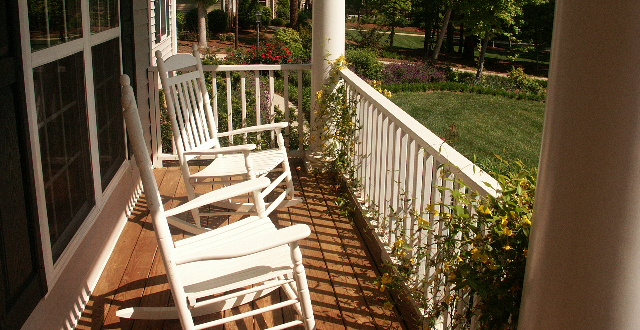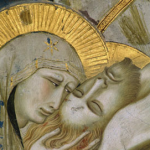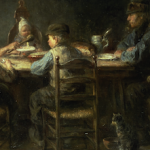The contemporary localist movement is generating a lot of interest around the conviction that people should live and die in the place of their birth. The debate over localism is a large one that I will not enter into here (the Winter 2013 print edition of Fare Forward is dedicated to the topic of place), except to say that it was the inspiration for some recent musings. If the localists are correct in arguing that we owe something substantial to the place where we grew up, might we also owe substantial allegiance to the ideas that shaped us?
My former professor, Father James V. Schall, SJ, often said, “the most important things about you were not chosen or even influenced by you.” He meant this as a challenge to our pretense that we are fully autonomous, self-shaped individuals. We are all born in a time and a place we did not choose, and given to parents we did not choose, and raised in a certain environment that indelibly shapes us before we have the ability to offer our consent. This is simply the fact of life, regardless of our individualist pretentions to the contrary.
I recalled Fr. Schall’s words recently, as I have begun instructing my little sister in theology and church history. Once a week, we Skype across the hundreds of miles that separate us, and I listen with joy as she recounts to me what she has learned: “already but not yet,” “Messianic expectation,” “paedo- and credo-baptism,” among other concepts.. Yet the deeper I get into some of the material, the more caveats and explanations I have to offer: “Now Jessica, you should know my opinion here differs from what you’re being taught in church.” Not that our home church is heretical – it is pastored by my father, for whom I have naught but immense respect – but since my childhood some of my theological opinions have shifted and realigned, as indeed they must if any healthy and sincere interaction with the breadth of Christianity is to take place. How is one to interact with the ideas of his youth that he has left?
I am convinced we do owe particular gratitude to the ideas that we were raised with, even if we move away from them in adulthood. Perhaps those who think their upbringing poorly formed them won’t share this sentiment. I understand that reaction. One day when I was tempted to lament my lack of cultural knowledge and upper-class refinement, a friend gently chided me by reminding me that “we were raised to know the ins and outs of the King James Bible, and there is no richer cultural heritage possible for an English-speaking modern.” And indeed, it was not for nothing that I received the moniker “chapter and verse Hawkins” during my undergraduate years. Yet the most striking thing for me still remains that I had so very little to do with the cultivation of that personality. My brain was filled with Biblical passages long before I had an adult decision-making faculty to intentionally choose them.
Like the localists (I think), I would not like to press the point too far. The primary goal of the human mind is, after all, to worship God through the knowledge of the truth, and therefore if the opinions with which we grew up lack that truth content, it is wise and fitting to move away from them (does localism dictate that we must return to gang-controlled neighborhoods, for example?). Nor am I at all suggesting that continuity of opinion ought to be imposed through legislative or social pressure. Furthermore, the task of the liberal arts – to create free minds through exposure to the entirety of literary, philosophical, and cultural consideration of a topic – is a noble and necessary one. But is this necessarily destructive of an appreciation for the ideas of our parents? If the individualist story is false (as Schall, the localists, and many other critics of modernity have suggested), is the content of our intellect untouched by our localist obligations? Consider these musings as an invitation to consider our intellectual debts and inheritances, a topic for which I solicit the readers’ comments below.












